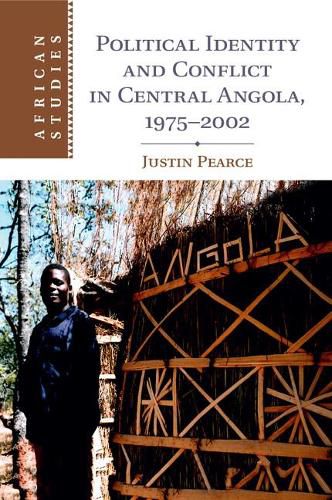Readings Newsletter
Become a Readings Member to make your shopping experience even easier.
Sign in or sign up for free!
You’re not far away from qualifying for FREE standard shipping within Australia
You’ve qualified for FREE standard shipping within Australia
The cart is loading…






This book examines the internal politics of the war that divided Angola for more than a quarter-century after its independence. It emphasises the Angolan people’s relationship to the rival political forces that prevented the development of a united nation, an aspect of the conflict that has received little attention in earlier studies. Drawing upon interviews with farmers, town dwellers, soldiers and politicians in Central Angola, Justin Pearce examines the ideologies about nation and state that elites deployed in pursuit of hegemony and traces how people responded to these attempts at politicisation. The book not only demonstrates the potency of the rival conceptions of state and nation in shaping perceptions of self-interest and determining political loyalty, but also shows the ways in which allegiances could and did change for much of the Angolan population in response to the experience of military force.
$9.00 standard shipping within Australia
FREE standard shipping within Australia for orders over $100.00
Express & International shipping calculated at checkout
This book examines the internal politics of the war that divided Angola for more than a quarter-century after its independence. It emphasises the Angolan people’s relationship to the rival political forces that prevented the development of a united nation, an aspect of the conflict that has received little attention in earlier studies. Drawing upon interviews with farmers, town dwellers, soldiers and politicians in Central Angola, Justin Pearce examines the ideologies about nation and state that elites deployed in pursuit of hegemony and traces how people responded to these attempts at politicisation. The book not only demonstrates the potency of the rival conceptions of state and nation in shaping perceptions of self-interest and determining political loyalty, but also shows the ways in which allegiances could and did change for much of the Angolan population in response to the experience of military force.